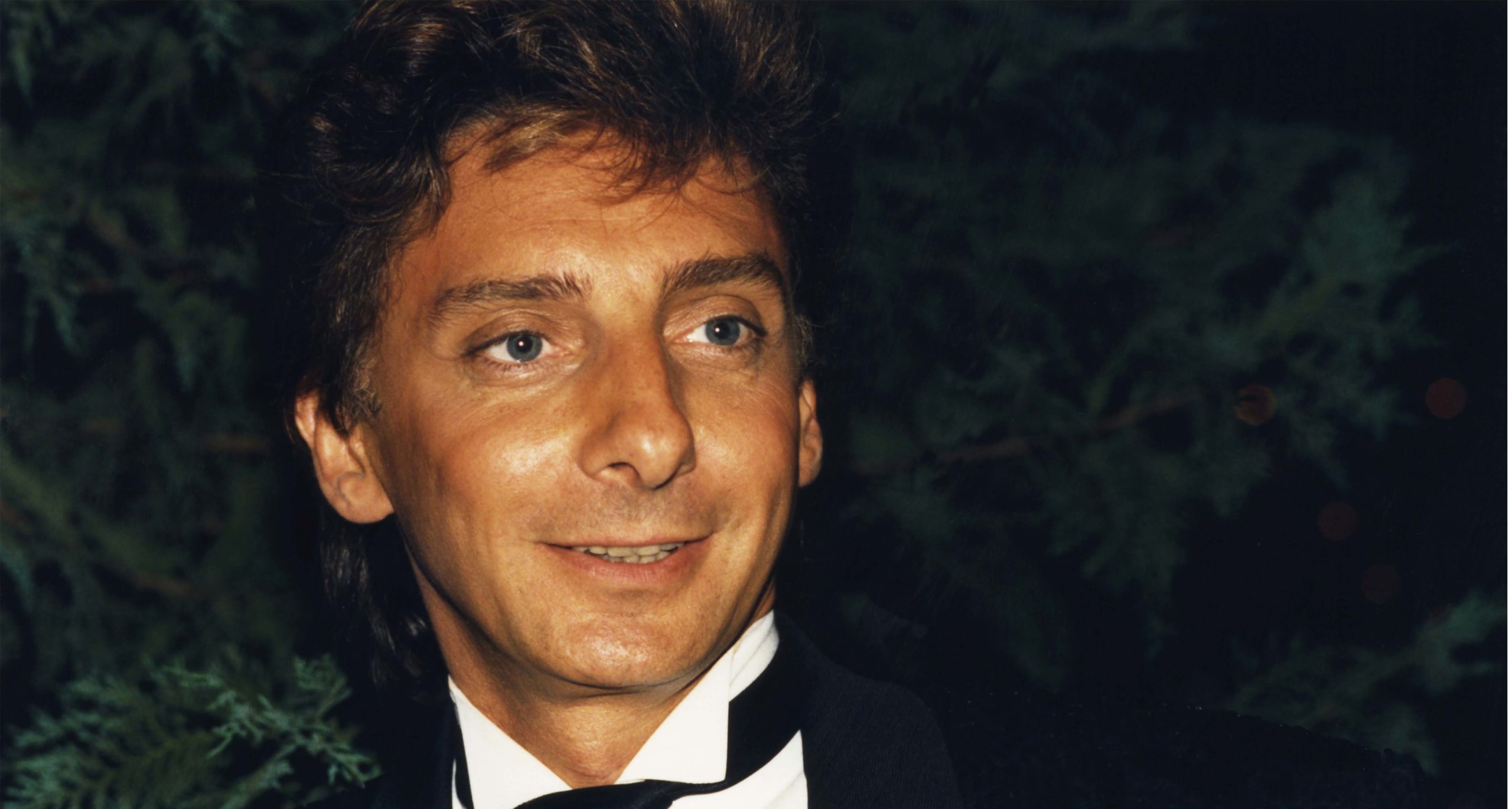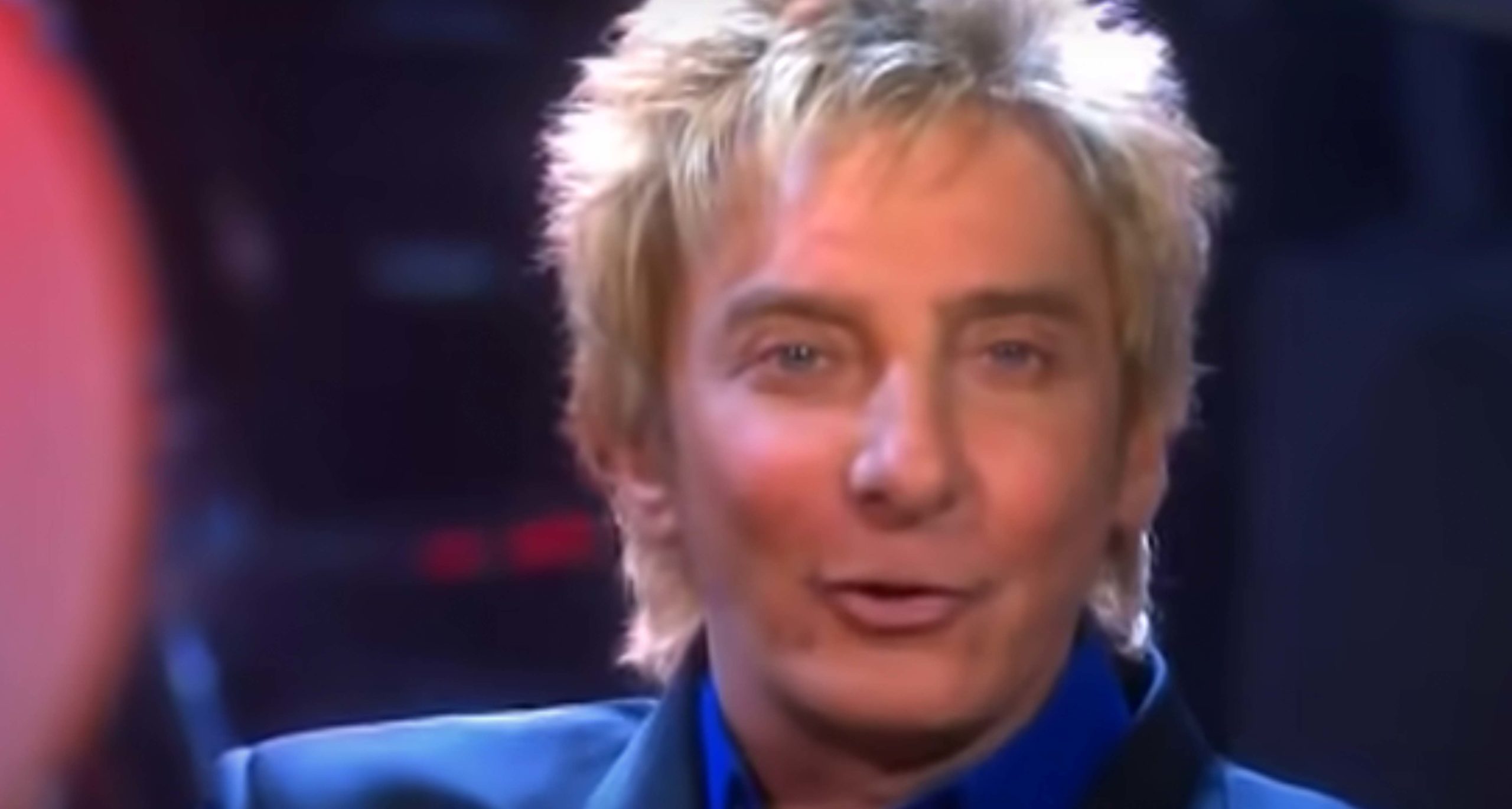Barry Manilow has proven an infectious and loveable singer over the course of his career, one capable of creating songs virtually the whole world can’t help but sing.
Thanks to The Mandy and Copacabana (At the Copa), he reached worldwide fame in the 1970s, even if critics didn’t think he was actually that good in the beginning.
It turned out Manilow carried a huge secret for a large chunk of his life – he came out as gay at 73. As of today, though, he is happier than ever, and lives his best life alongside his husband, Garry, and his daughter.
Now, though Manilow has been a heartthrob for many people worldwide, there are those who have also speculated whether or not he’s undergone plastic surgery. Well, the 78-year-old Brooklyn native isn’t afraid to telling the truth.
Here’s all you need to know about Barry Manilow – and how he looks today.

Barry Manilow was born in on June 17, 1943 in Brooklyn, New York. His grandparents were Russian immigrants – Barry is, in fact, also half-Irish as his father, Harold comes from Ireland.
That, however, was something he was taught not to talk about at a young age.
“The fact that Harold was an Irish truck driver was hidden from the family,” Barry told the Irish Independent.
“It was considered a terrible thing for my mother to have done. They wouldn’t even allow my name to be Kelliher. They changed it immediately.”
Barry Manilow – early life
He added: “When I was born, I was called Barry Pincus. They had to dig deep into my father’s family to find one Jewish relative. They went back to the 1800s and they found one uncle, a Jewish guy called Pincus. My mother made my father change his name to Pincus.”
Manilow was raised by his mother, Edna, and his grandparents – his parents divorced when he was just a baby. Just weeks before his Bar Mitzvah, he legally got the Manilow family name.
Barry Manilow’s father was dubbed a “monster” by his grandparents, but they rather liked his mother’s next love, who turned out to be Barry’s inspiration as it pertained to music. Irish truck driver Willie Murphy reportedly had an extensive record collection, and allowed Barry to listen to it all the time.
Moreover, his mother and stepfather eventually decided to club their money together to buy Manilow a piano for $800 – that alone took them five years to pay off. It showed how loved he was by his mother and stepfather – fortunately, we know now that he was able to pay it all back.
Before entering the New York College of Music, Barry enrolled at the City College of New York. He then attended the Juilliard School, studying musical theater, and moved on to work as a log clerk at CBS.

It was around this time that Manilow also found his first love. In 1964, at the age of 21, he married his high school sweetheart, Susan Deixler. It was just after their graduation – according to Barry, it was way too early to settle down.
Commercial work with McDonald’s & Dr. Pepper
“I was in love with Susan,” he said, describing her as adorable, small with “great legs and a voluptuous figure.”
Manilow added: “I just was not ready for marriage, I was out making music every night, sowing my wild oats. I was too young, I wasn’t ready to settle down.”
Barry, it seemed, had an entirely different dream. He wanted to work in the entertainment business badly, and resolved to do anything to reach his goal.
It probably sounded crazy at the time, but Manilow was ready to put it all on the line for a shot at breaking into the entertainment industry. For years, he wrote songs and landed gigs as a writer for commercials. He was lucky enough to feature in a Dr. Pepper commercial which, according to the man himself, “paid the rent for years.”
His big breakthrough, though, became the dramatic showstopper You Deserve a Break Today, which Manilow sang for a McDonald’s commercial. Looking back, going into the business of writing commercials was the best decision he ever took.
“When I lucked into writing commercials, the only way you can go up against other songwriters when you’re going for a commercial is to write the catchiest melody you can write in fifteen seconds, and if you don’t write the best one, then another songwriter will get the commercial,” Barry explained.

“And my instinct is always to write catchy melodies. I just like doing it. And so when I started to do jingles, I won a lot of them because my melodies were catchier than the other guys’ melodies.”
Barry Manilow – breakthrough with ‘Mandy’
Hee added: “But it was very helpful because when I found myself in the pop music world writing pop songs, which like I say I never really thought about doing, pop music is all about catchy melodies and hooks and choruses…Well, learning how to do that while I was writing commercials was very helpful when i wound up writing pop songs.”
“What I learned most of all in my jingle days was how to write a catchy melody,” Manilow said.
Barry would finally get to release his first album in 1973. He had sent songs to artists, but nobody wanted them, and so he released them himself. The self-titled debut album Barry Manilow wasn’t an instant hit — but just a year later, the singer would become a massive star.
“I would send my songs out but nobody wanted them because they wanted to do their own songs,” he told the Independent.
“I made my first album and it was good but I thought that was the end of that, but then Clive Davis [producer] came in and he found Mandy for me.”
Clive Davis was the president of Arista Records and claimed to have found a song that had potential for Barry, Brandy. Initially, it was a rock ‘n’ roll song, and so Manilow, young at the time, didn’t quite know what to do with it.

“In order to learn Brandy, I had slowed it down and — just because I wanted to — I’d changed the chords around and put in a key change,” Barry said in his Emmy Interview.
“But then I forgot about it and played Clive the rock-and-roll song. But now, I went to the piano and played him the ballad version of Brandy with my key and chord changes.
Five albums on the best-selling charts
He said, ‘Do that. And we can’t use Brandy. Sing Mandy.’ There had been a hit record called Brandy out two years earlier: “Brandy, you’re a fine girl….” So we changed the name. I played the slow version, we put a small band behind it and added Mandy to that second album. And my life changed.”
